Expert Reveals The Hidden Pressure Behind Taylor Swift And Blake Lively’s Friendship
By Kelly Coffey-Behrens on October 21, 2025 at 2:15 PM EDT
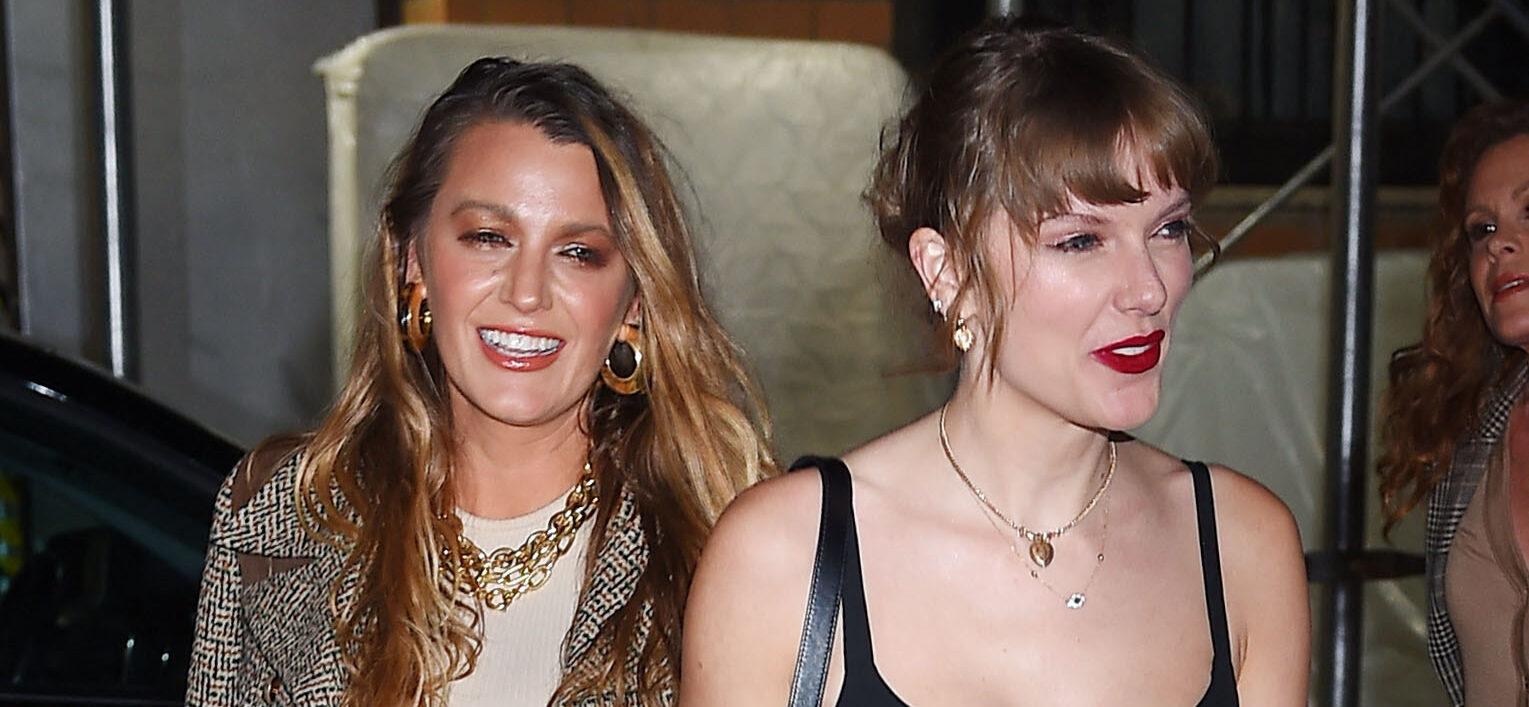
“Good thing I like my friends canceled.” Taylor Swift’s biting lyric from her new song “CANCELLED!” off "The Life of a Showgirl" has the internet in a frenzy, not just for its catchy beat, but for its possible meaning. Many fans believe the song alludes to Swift’s rumored fallout with longtime friend Blake Lively following the actress’ recent wave of online backlash. Now, as speculation runs wild and “Swift vs. Lively” trends across social media, The Blast sat down exclusively with Dr. Michele Leno, a licensed psychologist, to unpack what cancel culture says about us, our parasocial obsessions, and why people love watching famous friendships fall apart.
Dr. Michele Explains Why Swifties Are Convinced Taylor Swift And Blake Lively's Friendship Is In Trouble
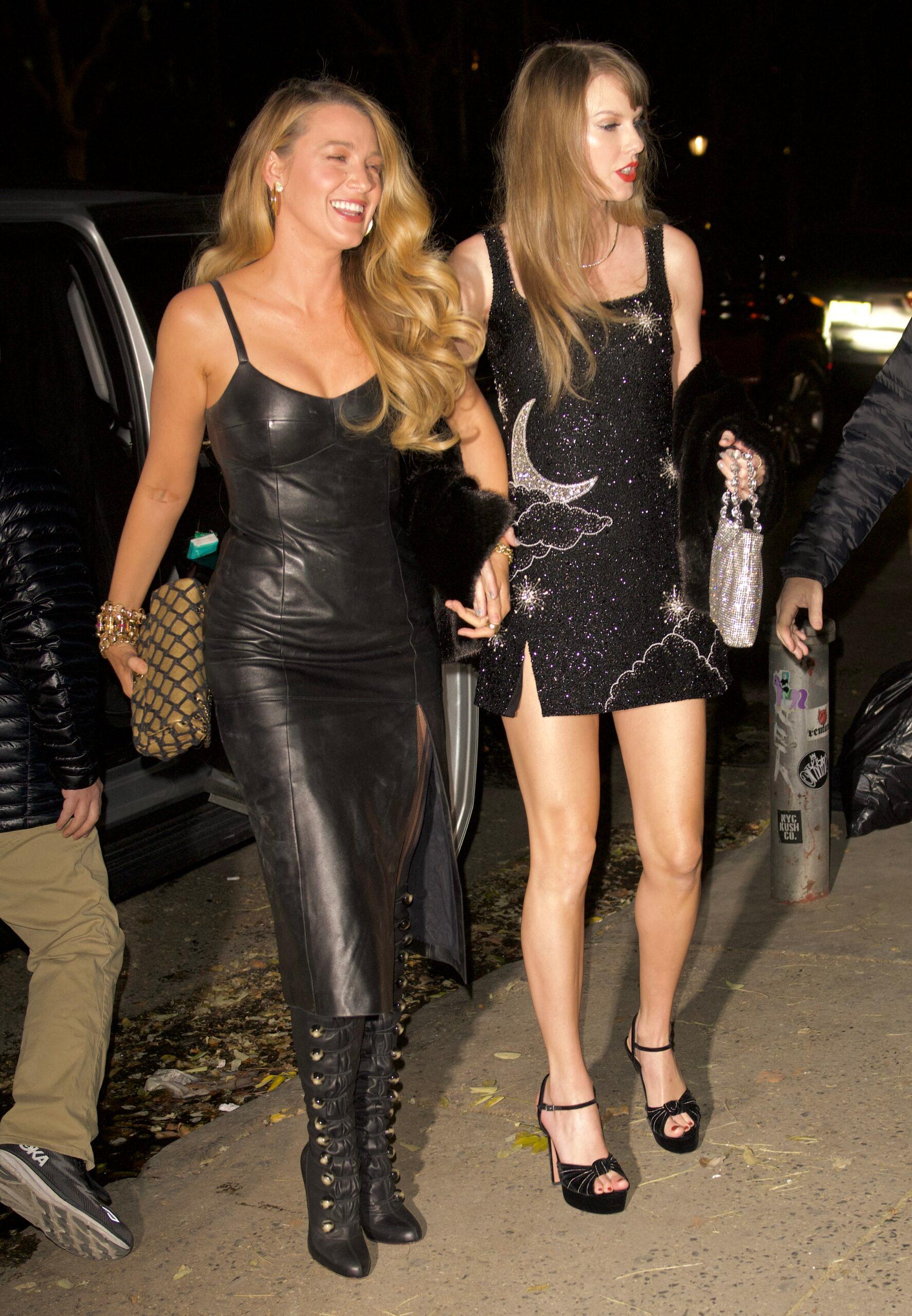
According to Dr. Michele, it’s human nature to fill in the blanks. “Fans are personally invested in their favorite celebrity, which leads them to scope out every aspect of their life,” Dr. Michele explained. “When famous besties fall out without explanation, the speculation begins.”
“Speculation is born out of online observations, reading too much into comments or lyrics, and the need to fill in the gaps,” she continued. “It’s like finding that one puzzle piece, and once you start searching for it, you can’t stop until you find it.”
In the case of Taylor Swift and Blake Lively, both women have built reputations that feel almost personal to fans. The internet has watched their friendship blossom over the years, from movie premieres to inside jokes in music videos, which only amplifies the emotional reaction when whispers of distance begin.
Dr. Michele Breaks Down The Emotion Behind Fans Canceling Blake Lively
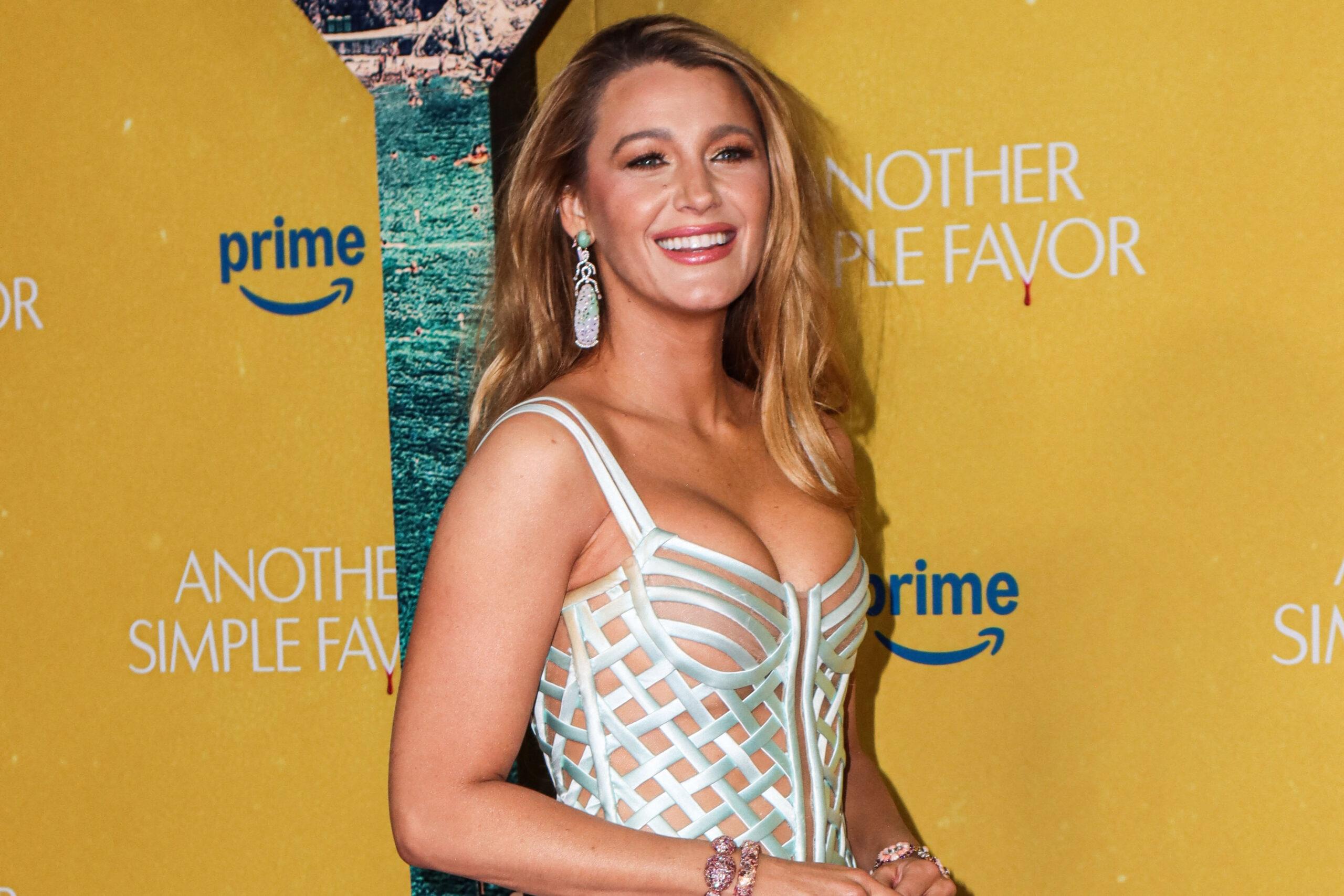
So why are some fans defending Lively while others are ready to “cancel” her altogether? Dr. Michele says it’s rooted in loyalty and emotion. “Fans like to decide who’s innocent and who’s not,” she explained. “They naturally feel more connected or drawn to certain celebrities whom they will defend relentlessly. Since their loyalty lies with one person, canceling the other takes little effort or forethought.”
This divide isn’t new, but social media has turned opinion into performance. “Online, it’s much easier to see people as situations rather than humans,” Dr. Michele added. “There’s no accountability for viciously attacking a person’s character. The ‘online mob’ makes others feel justified in engaging in unjust behavior.”
She calls the phenomenon “emotionally driven,” noting that it’s often less about accountability and more about outrage. “Canceling is less about right and wrong,” she said. "And more about tearing someone down because someone is offended.”
Taylor Swift, Blake Lively, And The Pressure Of Friendship In The Public Eye
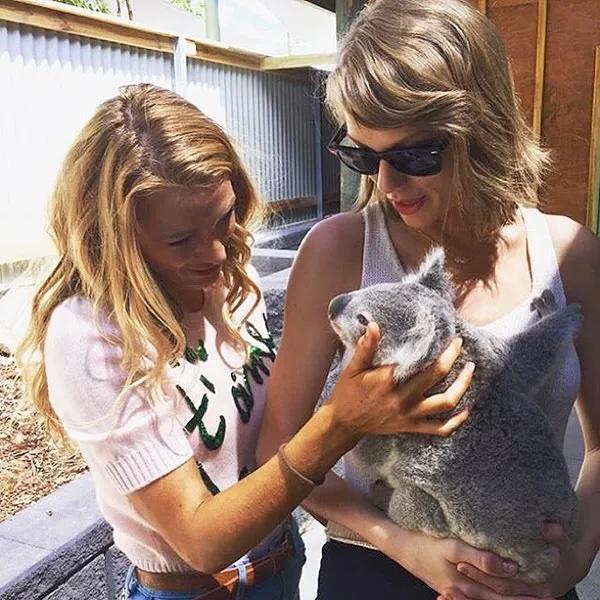
For stars like Swift and Lively, friendships don’t just exist between two people, because they exist between millions of fans. “Sometimes we root for friendships and couples even more than the individuals themselves,” Dr. Michele told The Blast. “It humanizes the celebrity. Some fans may even live vicariously through them and have a goal of finding a similar friend.”
But that fandom can add real pressure. “While it’s unlikely to break a solid bond,” she explained. "The constant online commentary can contribute to distance between friends, especially if one celebrity reacts to provocative statements or insinuations about the other.”
In today’s world, even silence can be weaponized, something celebrities know all too well. “Cancel by association is unfortunately real,” Dr. Michele said. “Stars who choose to stand by unreasonably canceled friends are admirable, though rare. They’re often advised or simply compelled to distance themselves for self-preservation.”
Why Cancel Culture Affects Celebrities And Their Fans More Than We Realize
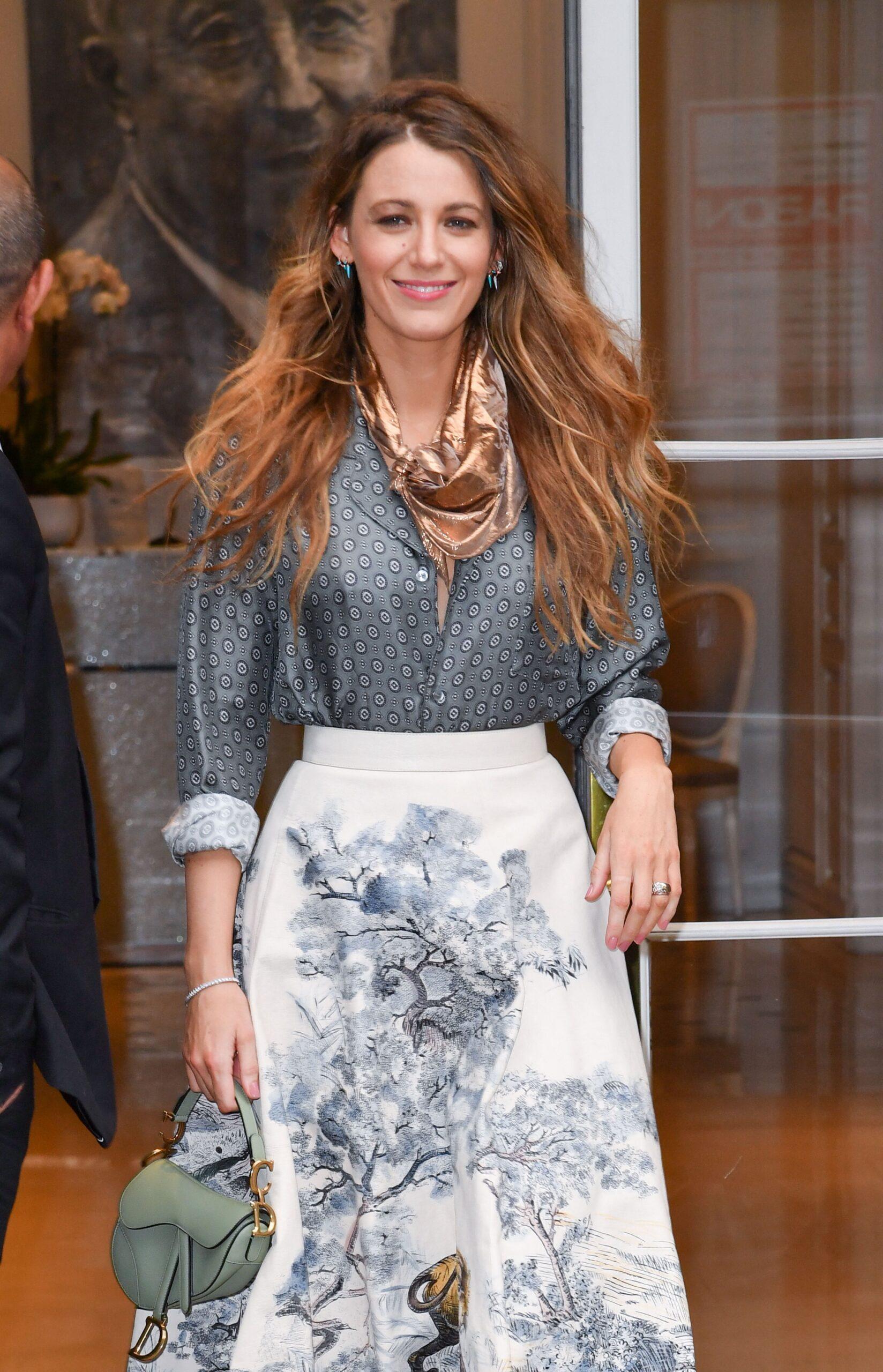
Cancel culture can take a serious mental toll, even on those used to living in the spotlight. “Cancel culture can overwhelm anyone, and celebrities are more vulnerable than others think,” Dr. Michele revealed. “They’re not openly sharing their experiences with anxiety or depression and their efforts to preserve their emotional well-being.”
For many, even engaging online feels dangerous. “The online community is an ‘enter at your own risk’ type of space,” she said. “Online support is tenuous at best.”
And it’s not just celebrities who suffer. Fans, too, can spiral when they invest too deeply in celebrity drama. “We can avoid online drama by remembering that we don’t personally know the celebrity,” Dr. Michele advised. “The only thing we can truly defend is their talent or art.”
Taylor Swift’s ‘CANCELLED!’ Turns The Tables On Cancel Culture
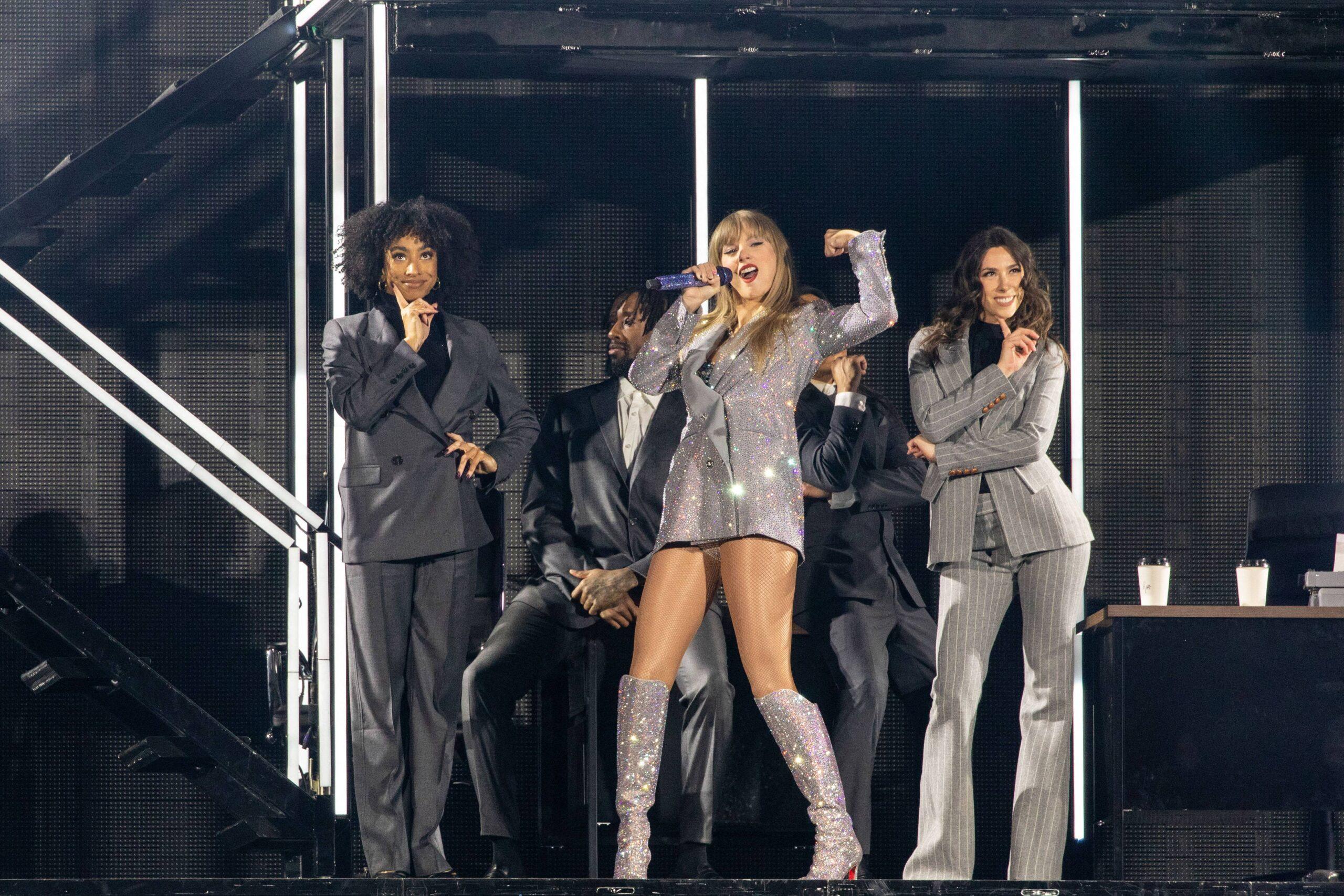
As for Swift’s “CANCELLED!”, Dr. Michele believes the song could offer a refreshing counterpoint to the chaos. “The song could influence a different mindset within cancel culture,” she said. “Swifties who also embrace cancel culture may at least think twice before jumping on the cancel bandwagon.”
But can one pop anthem really make people rethink their online behavior? “Many are so drawn to drama that even ‘CANCELLED!’ can’t shame them away from it,” she admitted. “Still, it makes it cool to go against popular opinion, even if it means subjecting yourself to scrutiny.”
The Bottom Line
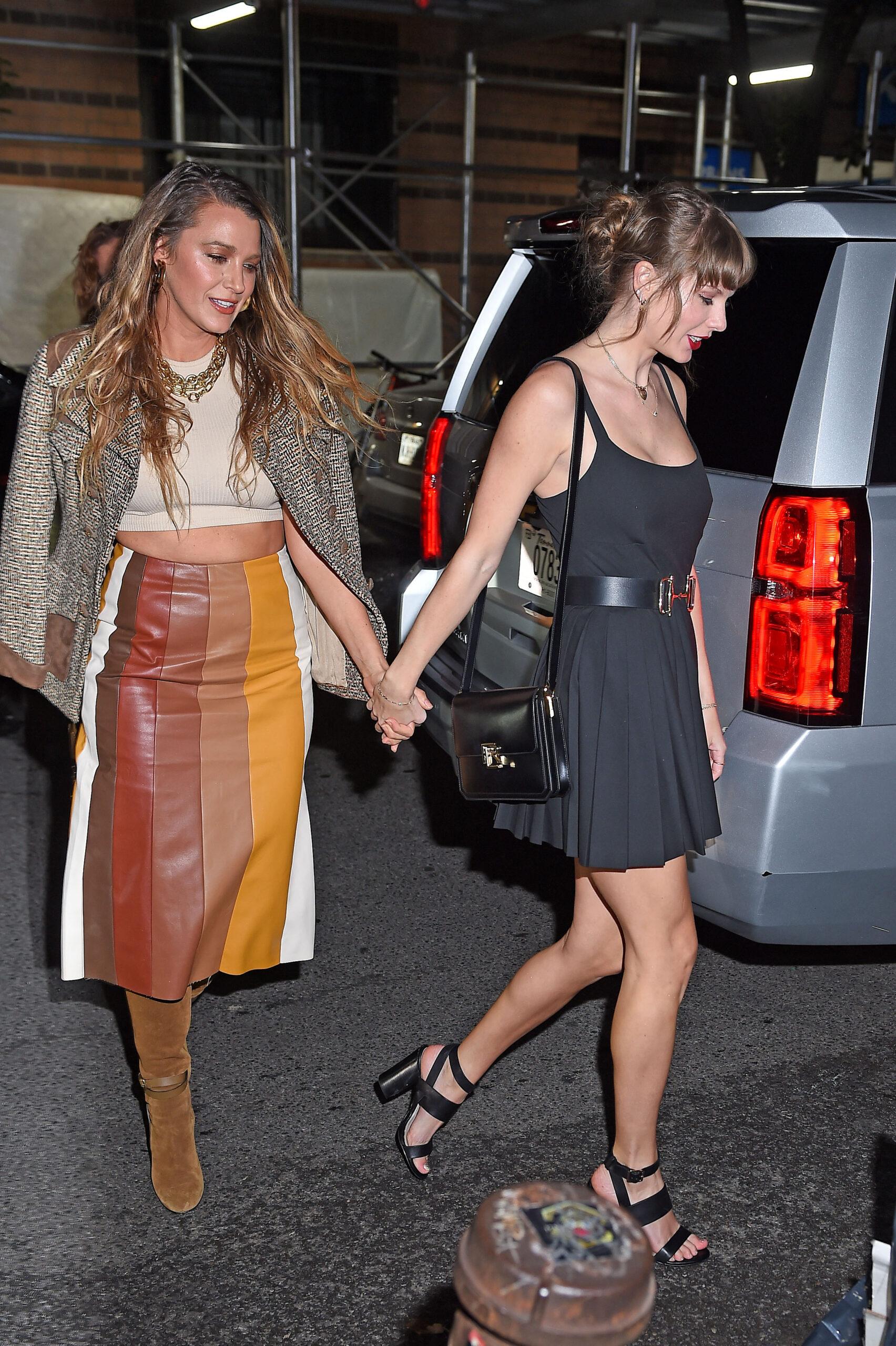
In an age where friendships are public, opinions are weaponized, and drama trends faster than truth, Taylor Swift’s “CANCELLED!” might be more than just a song, but it’s a mirror.
As Dr. Michele Leno puts it, “People set out to ruin lives without considering what this torment really means for the canceled person. But maybe, just maybe, songs like ‘CANCELLED!’ remind us to think (and feel) before we post.”